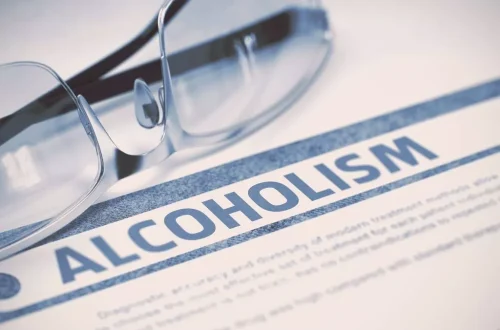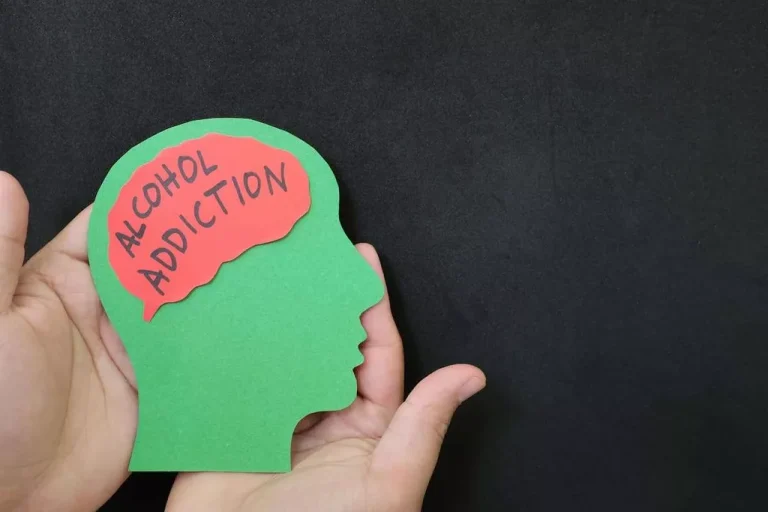
But some people who drink face a risk of developing this chronic and progressive disease, which affects roughly 1 in every 8 Americans and contributes to about 88,000 deaths annually. In this stage, individuals begin to recognize that their addiction is causing problems in their life. They start to consider the possibility of change, but they’re not quite ready to commit to action.
The Spectrum of Alcohol Intake: From Problem Drinking to Dependence
- When most people drink to their tolerance level, they exhibit signs of intoxication.
- As alcohol use disorder (AUD) doesn’t progress overnight, read on to learn about the stages of alcohol addiction, how to recognize them, and the steps you can take to intervene effectively.
- For those who need help and don’t want it, intervention may be the only alternative.
- Many people suffering from alcoholism are unable to quit drinking even when they try.
- Negative health consequences may also appear more prominently.
- It’s the point where individuals start actively modifying their behavior, environment, and experiences to overcome their addiction.
- The rate of communication returns to its typical levels once alcohol leaves the body.
Because denial is common, you may feel like you don’t have a problem with drinking. You might not recognize how much you drink or how many problems in your life are related to alcohol use. Listen to relatives, friends or co-workers when they ask you to examine your drinking habits or to seek help.
Stages of Alcoholism
- The person now spends the bulk of their time servicing the disease by drinking.
- Call Nova Recovery Center today to learn more about our alcohol addiction treatment options and start your recovery journey now.
- Warning signs include drinking alone, lying about alcohol consumption, and an increasing focus on alcohol-related activities.
- By the time a person is in end-stage alcoholism, there can be no denying that drinking has taken over their life and damaged their health.
Support groups such as Alcoholics Anonymous (AA) and Self-Management And Recovery Training (SMART) are open to anyone with a substance use disorder. Outpatient treatment is less intensive than inpatient treatment or partial hospitalization programs. They are best for people who have a high motivation https://ecosoberhouse.com/ to recover but cannot leave their responsibilities at home, work, or school. Combining therapy with support groups can greatly improve your odds of success. During this period, you can expect to develop new skills you may have never learned that made you more susceptible to AUD in the first place.
Stage 2: Middle Stage Alcoholism
When casual drinkers move into early-stage alcoholism, their tolerance begins to rise. They can often hold conversations without stuttering or slurring. They may appear to maintain coordination and motor skills to some degree. A person with a higher tolerance may not look intoxicated, despite drinking a large amount of alcohol. Others who have had less to drink may look more intoxicated than a person with a high tolerance. Many factors affect alcohol tolerance, including a person’s biochemistry, race, ethnicity, body mass and how an individual consumes alcohol.

It affects more men than women and is fatal 10 to 20 percent of the time. By the time they’ve reached the third and final stage of alcoholism, drinking has consumed their lives. Their alcohol withdrawal symptoms are so severe that they must drink continually to avoid them. End-stage alcoholism typically presents a number of health complications. The liver gains fats and inflammation, eventually leading to liver scarring. The result of the damage is often liver disease or cirrhosis.

What puts people at risk for developing AUD?
It’s a tricky stage because the individual isn’t actively seeking help or information about their behavior. They might become defensive if confronted about their addiction, viewing such concerns as unwarranted criticism. If someone increases their drinking significantly, there could be a problem.
- Most people can handle moderate alcohol consumption without it becoming problematic, but for those with certain risk factors, it can become an uncontrollable addiction.
- For those who need help right away, WebMD Connect to Care specialists are standing by to get you started on the road to recovery today.
- They may only feel well when they maintain a consistent level of alcohol in their bloodstream.
- By this point, if he or she tries to quit alcohol cold turkey or on their own at home, they could suffer serious or life-threatening alcohol withdrawal symptoms, which may include hallucinations.
In this phase, the most dangerous factor here is the potential alcohol habit formation that ultimately contributes to compulsive alcohol use. Initially, it triggers pleasurable sensations and dampens negative emotions, creating a consumption cycle driven by the desire for these effects. However, continued use can lead to alterations in brain structure and function, amplifying vulnerability to addiction. As these changes persist even after zero alcohol intake, the risk of relapse is present. At this point, it may become obvious to those around you that you have a problem with alcohol, and you may also start to recognize that there is an issue. Many people addicted to alcohol begin hiding the amount they drink or making excuses for it during this phase.
Stage #4: Alcohol dependence

Even brain damage and hepatitis can occur in the end-stage of alcoholism. As alcoholism progresses, the alcoholic becomes obsessed with drinking–sometimes to the exclusion of nearly everything else. During the late alcoholism stage, the mental and physical health of the alcoholic are seriously deteriorating. Many of the body’s organs stages of alcoholism have been damaged, which lowers resistance to disease. Relationships at home or socially may have been severely damaged, and there can be mounting financial and legal problems due to the alcoholic’s powerlessness over alcohol. Alcohol recovery typically involves alcohol detox, medical supervision, therapy, and support groups.

Understanding the Five Stages of Alcoholism
As the stage progresses, the disease takes hold and develops into middle-stage alcoholism. For a person who drinks occasionally, this adaptation is distinct and temporary. But for a person who drinks heavily, the body adapts the majority of the time. This can make it more difficult to show the effects of intoxication.

